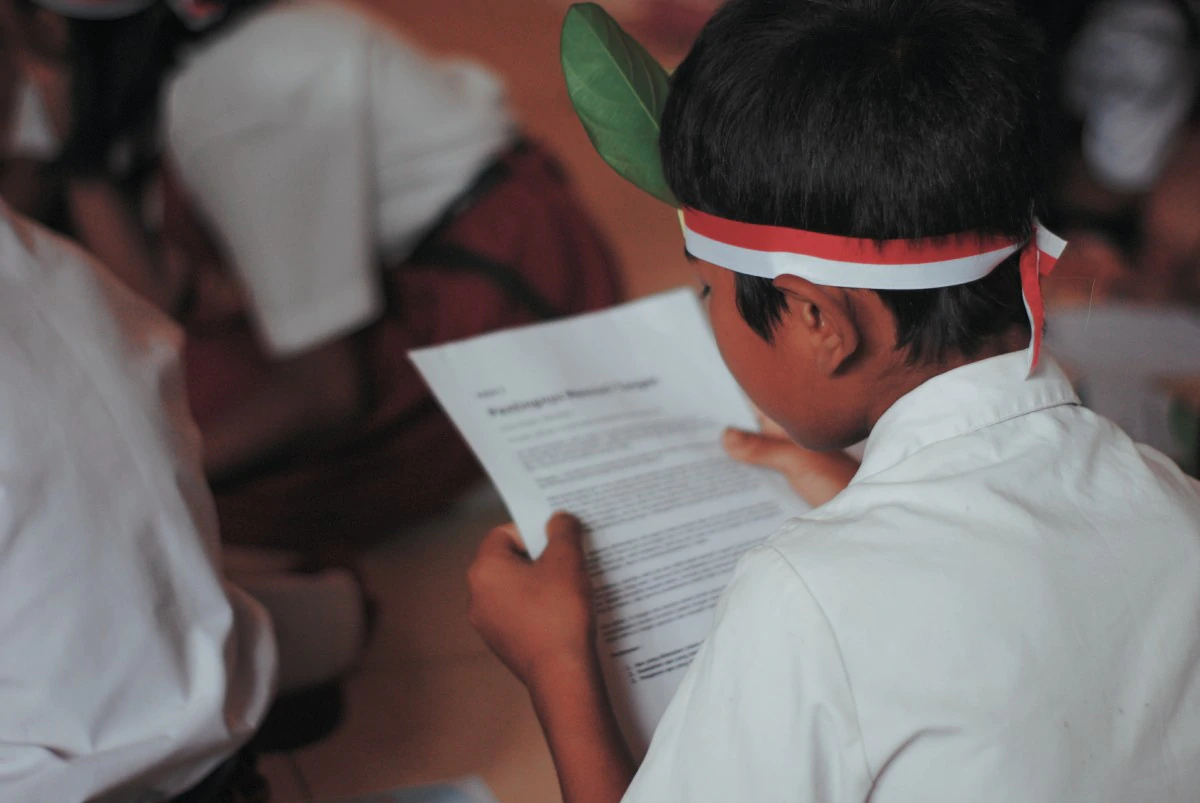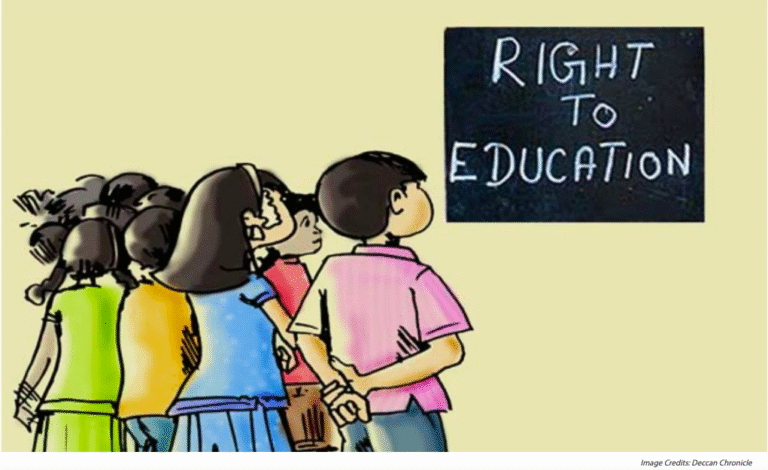
Ananth Shetty, a class 11 student from Bengaluru was full of excitement in November last year when schools reopened. However, this excitement was short-lived as schools were closed once again in January due to alarming rise in Covid-19 cases in the city.
“After passing the class 10 without taking board exams, I was hopeful that class 11 will resume like a normal session at school. Past two months were a breather from the online learning which is uncomfortable and stressful. With schools closing once again, my hopes are dim on ever going to school as carefree as the pre-pandemic times,” Ananth shared.
In Delhi, students suffered a great ordeal with recurring reopening and closure of schools due to alarming air pollution. Similar stories were witnessed across other states where schools were reopened only to be closed and reopened again. However, there is also optimism among schools that closure will not extend endlessly this time.
Anshu Mittal, Principal, MRG School Delhi said the the pandemic has affected students both mentally and academically. With the recurring changes in the mode of learning, the feeling of anxiety, stress and confusion is evident in students.
“As educators, the schools and teachers are now largely focused in inculcating coping mechanisms to take care of the social and emotional well-being of kids. Additionally, the role of parents has also now become preliminary, where they are not only guardians but also motivators and counselors to their children,” she said.
Meanwhile, Vinod Malhotra, Advisor, Seth Anandram Jaipuria Group of Educational Institutions pointed out that any disruption in children’s learning process will hamper their overall development.
“School system envisages an organized and collaborative learning paradigm that is marked with continuity and sustainability. Any disruption in this inevitably causes stress, which is bound to impact the learning outcomes. Health of the children also becomes a matter of concern, because of its psychosomatic nature. We will have to devise a system that ensures a systemic approach and becomes a new normal,” Malhotra highlighted.
Closing schools not a feasible solution
From education teams at World Bank to UNESCO, experts have been warning against school closures now citing long-term losses. However, the governments have been stuck in making the tough choice between health and education for children.
World Bank’s Global Education Director Jaime Saavedra recently pointed out that even if there are new waves, closing schools should be the last resort.
Talking about the impact of school closures due to the pandemic in India, Saavedra said the “impact is more severe than previously thought” and the learning poverty is likely to increase much more than anticipated.
“In countries like India where the inequalities in education were already prevalent before the pandemic and the learning poverty levels were already gigantic, there is a lot at stake. The learning poverty in India is expected to increase from 55 per cent to 70 per cent due to learning loss and more out-of-school children,” he said.
The paradigm of Saavedra’s theory is much evident in India. Recently, an MLC from Aurangabad wrote a letter to Maharashtra Chief Minister Uddhav Thackeray requesting him to rethink the closure of schools and colleges, which he claimed is forcing boys to work in fields while girls are being married off at an early age by their parents.
He stated that since schools and colleges remain closed, the move is negatively impacting the writing and reading skills of students and also their knowledge gaining skills.
‘Innovative and inclusive solutions’ need of the hour
Shaheen Mistri, Founder & CEO of Teach For India initiative believes that it is time that we bring students into the conversation and ask them to contribute to the solutions that impact them.
“The majority of India’s children do not have the resources to learn online. Most don’t even have access to a smartphone or stable internet connection. India’s digital divide needs solutions and we need them now. Solutions that are innovative, inclusive and kind. It is important to ensure that learning doesn’t suffer by incorporating blended learning in teaching practices, which combines online educational materials and opportunities with classroom methods,” Mistry suggested.
Likewise, Seema Kaur, Principal of Pacific World School said that reflection activities should be conducted on a regular basis to keep that door of optimism and hope alive amongst our children and to make them count their blessings amid tough times.
Meanwhile, Shalini Advani, Director of a private School in Noida said that it is essential for schools to consciously teach strategies for resilience, to monitor mental health and to have staff dedicated to providing support.



